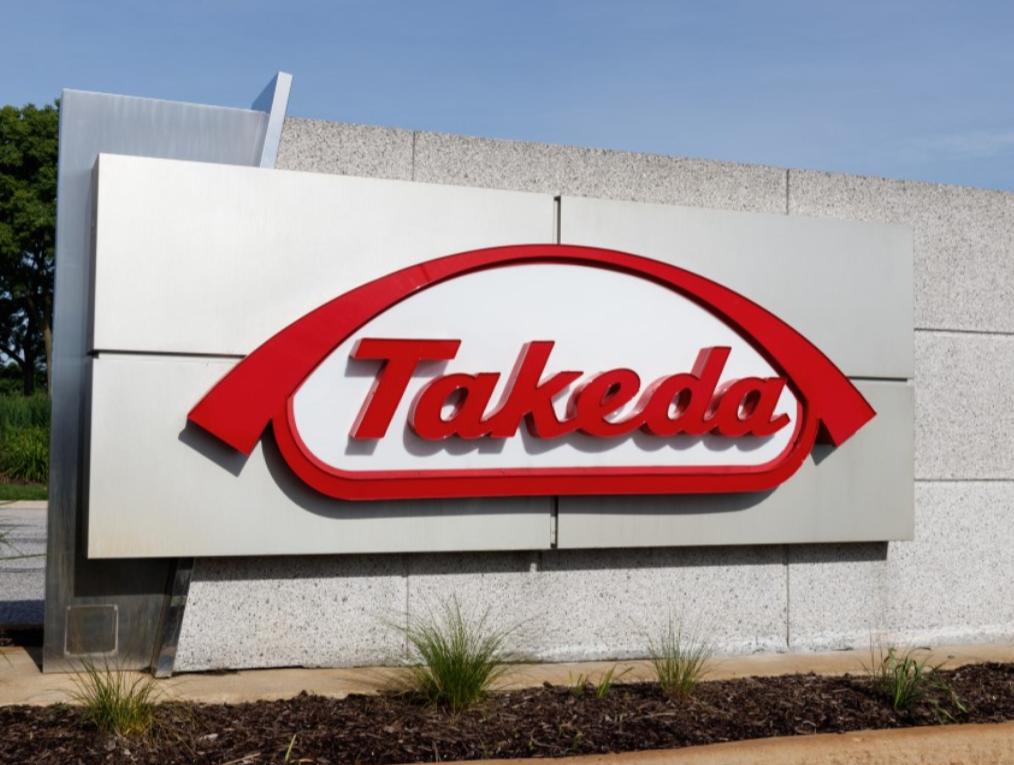Summary :
hC Bioscience, Inc., a company focused on discovering and developing tRNA-based therapies, announced that it has raised $24 million in Series A financing. The financing was led by several high-profile biotech investors, including ARCH Venture Partners, 8VC and Takeda Pharmaceutical’s venture company, Takeda Ventures. Many executives from these investors are now also part of hC Bio’s Board of Directors.
The funding will launch the Cambridge, Massachusetts-based company’s mission to develop tRNA-based therapeutics targeting protein dysfunction. With two proprietary platforms dedicated to this purpose, hC Bio aims to develop precision protein editing technology to cure genetic diseases.

The company was founded by Leslie J. Williams, president and CEO, and Professor Christopher Ahern. Ahern previously worked at the University of Iowa and has extensive experience researching RNAs. He was also part of a team that identified engineered transfer RNA (tRNA) for human premature termination codon (PTC) variants. If PTC variants cut proteins short, they can cause diseases such as Duchenne muscular dystrophy, cystic fibrosis, hemophilia and some types of cancers.
Now, Williams and Ahern are developing two proprietary platforms for hC Bioscience to treat, and possibly cure, those diseases. Both platforms are based on transfer RNA, a molecule that helps translate genetic codes into proteins.
The first is a platform called PTCX, nicknamed “Patch.” As Patch analyzes proteins, it can identify “nonsense mutations,” which are premature termination codons that cut off proteins before they are fully developed. Premature termination codons are estimated to cause 10-15% of all human diseases. Patch uses tRNA to suppress errors in genetic codes, allowing cells to develop healthy full-length proteins.
The second platform that hC Bio is developing is called SWTX, or Switch. Switch is designed to target diseases caused by missense proteins by identifying and marking any mutations in proteins that may cause diseases. By leaving a biologic marker on these malformed proteins, the body can recognize the errors and destroy the misshapen protein.
“We are creating medicines to restore protein function to its intended state without editing genes,” said Williams. “A single tRNA therapy has the potential to treat many diseases, regardless of the gene or location of the mutation.”
In conjunction with the announcement of the funding, hC Bioscience also appointed a new chief technology officer: David Altreuter, Ph.D. Altreuter has more than 40 years of experience in patent creation and applications. From his time at companies such as Lyndra Therapeutics, Selecta Biosciences, Quiet Therapeutics, Alnylam and Acusphere, he has expert acumen in developing and designing novel drugs and leading those discoveries through clinical development.
Altreuter is one of many experts now leading hC Bioscience. A newly assembled Scientific Advisory Board for the company includes Ahern and his previous research associate John Lueck, Ph.D., assistant professor for RNA biology at the University of Rochester. Other notable board members include Nobel laureate Craig Mello, Ph.D., from UMass Medical Center, who is now the chairman of the scientific advisory board, as well as Page Bouchard, former chief scientific officer and head of research at Novartis Gene Therapies.
“We look forward to the team translating its technology into class-leading therapies for patients,” said Steven Gillis, ARCH Venture member and chairman of the board of directors for hC Bioscience.

